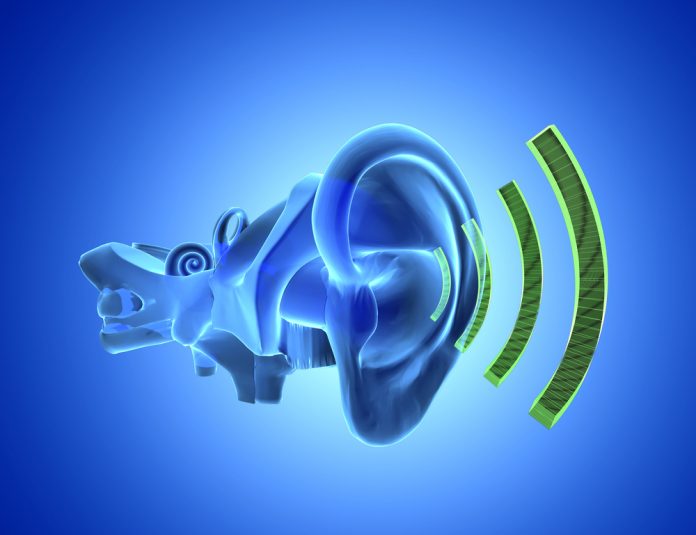Do you hear sounds in your ears that no one else can hear? Are they constant or do they come and go? If so, you may be experiencing inner ear vibration. While this condition is not life-threatening, it can be a nuisance and significantly impact one’s quality of life. Inner ear vibration is often accompanied by a plethora of other symptoms, including dizziness, ear pain, and even hearing loss. In this article, we will explore the top 10 insidious sources of inner ear vibration and how to address them.
- Tinnitus:
Tinnitus is the most common cause of inner ear vibration. It is characterised by a ringing, buzzing, or humming sound in the ears. This condition affects approximately 15-20% of the population and is often associated with age-related hearing loss. Tinnitus can also be triggered by exposure to loud noises, ear infections, and other underlying health conditions.
- TMJ Disorder:
Temporomandibular joint (TMJ) disorder is a condition that affects the jaw and can cause inner ear vibration. The inner ear is connected to the jawbone, and any misalignment or stiffness in the jaw can cause vibrations in the ear. Other symptoms of TMJ disorder include jaw pain, difficulty chewing, and clicking or popping noises in the jaw joint.
- Fluid Buildup:
Fluid buildup in the middle ear can also cause inner ear vibration. This can occur due to allergies, sinus infections, or a common cold. When the middle ear is filled with fluid, it can affect the movement of the eardrum, leading to vibrations. This condition is more common in children than adults.
- Meniere’s Disease:
Meniere’s disease is a disorder of the inner ear that affects balance and hearing. It is characterized by episodes of vertigo, tinnitus, and hearing loss. Inner ear vibration is also a common symptom of this condition. Meniere’s disease is thought to be caused by an abnormal buildup of fluid in the inner ear.
- Acoustic Neuroma:
Acoustic neuroma is a non-cancerous tumour that develops on the nerve that connects the ear to the brain. This tumor can cause inner ear vibration as it presses on the surrounding nerves. Other symptoms of acoustic neuroma include dizziness, balance problems, and difficulty hearing.
- Otosclerosis:
Otosclerosis is a condition that affects the tiny bones in the middle ear. It causes them to become stiff and unable to vibrate properly, resulting in inner ear vibration. This condition is often hereditary and can also lead to hearing loss.
- Eustachian Tube Dysfunction:
The Eustachian tube is a small tube that connects the middle ear to the back of the nose and throat. When this tube becomes blocked or dysfunctional, it can cause a buildup of pressure in the middle ear, leading to vibrations. This condition can be triggered by allergies, sinus infections, or a change in altitude.
- Medications:
Certain medications, such as high doses of aspirin, can cause inner ear vibration as a side effect. This is known as ototoxicity and can also lead to hearing loss. If you are experiencing inner ear vibration while taking medication, it is important to consult with your doctor.
- Stress and Anxiety:
Stress and anxiety can also manifest in physical symptoms, one of which is inner ear vibration. When we are stressed or anxious, our muscles tend to tense up, including the muscles in the inner ear. This tension can lead to vibrations and other ear-related symptoms.
- Exposure to Loud Noises:
Lastly, exposure to loud noises can damage the delicate structures in the inner ear and cause vibrations. This can occur from prolonged exposure to loud noises, such as working in a noisy environment or attending loud concerts without ear protection. Over time, this can lead to permanent hearing damage.
So, what can be done to address inner ear vibration? The first step is to identify the underlying cause and address it accordingly. For example, if the vibration is caused by fluid buildup, treating the underlying infection or allergies can help alleviate the symptoms. In some cases, hearing aids or counseling may be recommended to manage the condition.
Inner ear vibration can be caused by various factors, and it is essential to identify the underlying cause to properly address and manage the symptoms. If you are experiencing inner ear vibration, it is important to consult with a healthcare professional for proper diagnosis and treatment. With the right approach, you can effectively manage this condition and improve your overall quality of life.








